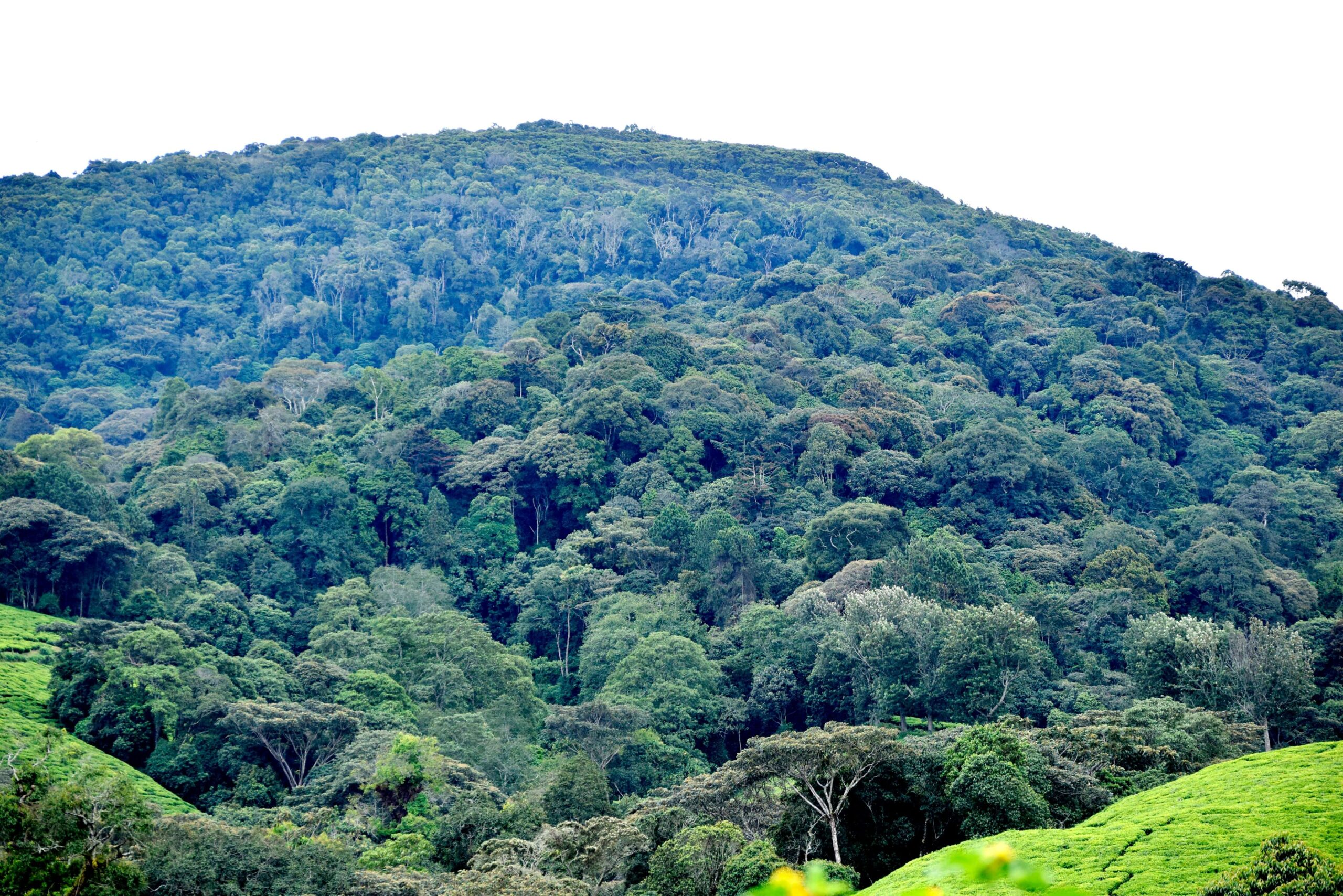Nestled in the heart of Africa, Burundi is a land of stunning natural beauty and rich cultural heritage. What makes this small, vibrant country truly special is not just its breathtaking landscapes, but the profound connection its people have with the environment. The Burundian people harbor a deep respect for nature, seamlessly weaving elements of the natural world into their cultural practices and beliefs. This symbiotic relationship with the environment is a testament to their understanding that humanity and nature are inextricably linked, each sustaining the other.
Cultural Practices Rooted in Nature
In Burundi, nature is more than a backdrop; it is a living, breathing part of daily life. This connection is evident in various cultural practices and traditions that honor the environment. One of the most significant examples is the traditional dance known as “Ikembe.” This dance, accompanied by music played on the ikembe, a thumb piano made from locally sourced materials, is often performed during ceremonies and celebrations. The rhythmic patterns of the ikembe echo the sounds of nature, symbolizing the harmony between humans and their surroundings.
Burundian art also reflects this deep respect for nature. Intricate carvings and sculptures, often depicting animals and plants, are crafted from wood and other natural materials. These artworks are not just decorative; they tell stories of the land, its creatures, and the interdependence between the environment and the people. Such artistic expressions serve as a reminder of the beauty and importance of preserving the natural world.
Beliefs Intertwined with the Environment
The Burundian people’s beliefs are intricately linked to the natural world. Many Burundians hold the view that spirits inhabit the forests, rivers, and mountains. These spirits are believed to protect the land and its people, guiding them to live in harmony with nature. Respecting these spirits involves rituals and practices that ensure the environment remains pristine and undisturbed.
Agriculture, the backbone of Burundi’s economy, is practiced with a deep sense of reverence for the land. Traditional farming methods emphasize sustainability, ensuring that the soil remains fertile for future generations. Crop rotation, organic fertilizers, and communal farming practices are common, reflecting an understanding that the well-being of the environment directly impacts the well-being of the community.
Observing the Reverence for Nature
For those wishing to witness this profound respect for nature firsthand, Burundi offers several opportunities. Visiting the Kibira National Park, a sprawling rainforest reserve, allows one to experience the rich biodiversity that the Burundian people cherish. The park is home to various species of primates, birds, and plants, many of which hold cultural significance. Local guides often share stories and legends associated with the flora and fauna, enriching the experience with cultural context.
Another remarkable site is the Karera Waterfalls, where the natural beauty of cascading water is complemented by the local traditions that celebrate it. The area around the waterfalls is considered sacred, and visitors can observe rituals performed to honor the spirits of the water. The falls are not only a stunning natural attraction but also a living testament to the Burundian respect for natural elements.
Lake Tanganyika, one of the oldest and deepest lakes in the world, is another place where nature and culture intertwine. The lake is central to the lives of many Burundians, providing food, water, and a means of livelihood. The local fishing communities practice sustainable fishing methods, ensuring that the lake remains a vital resource for future generations.
Embracing Nature’s Wisdom
The Burundian people’s deep respect for nature is a beautiful and inspiring aspect of their culture. It serves as a powerful reminder of the importance of living in harmony with the environment. By incorporating elements of the natural world into their cultural practices and beliefs, the Burundians exemplify a way of life that honors and sustains the planet. For visitors, experiencing this unique relationship with nature offers not only a glimpse into a rich cultural heritage but also a lesson in the wisdom of living sustainably. Whether through dance, art, or agriculture, the heartbeat of nature resonates throughout Burundi, inviting all to embrace and respect the natural world.



Leave a Reply